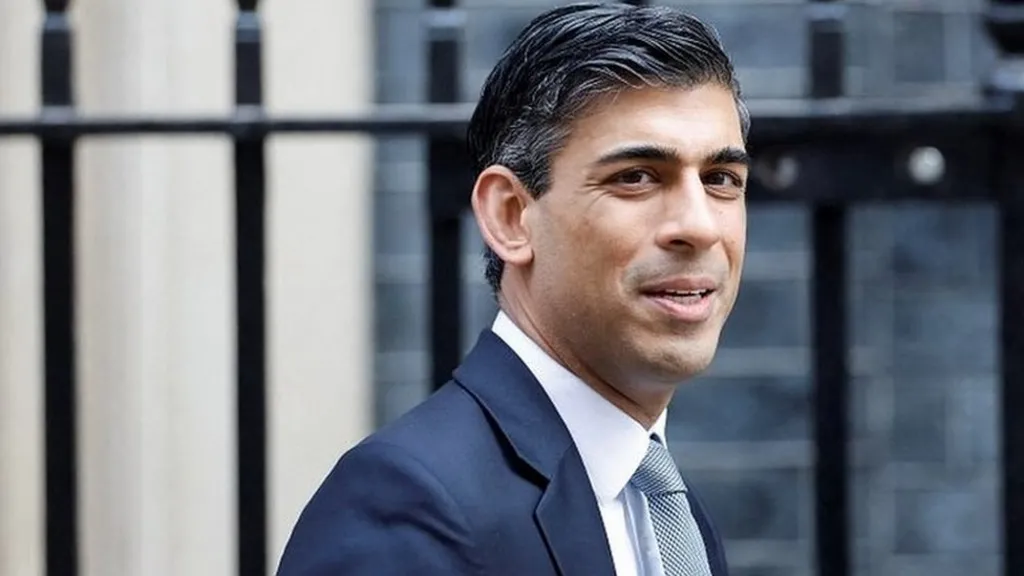By Eniola Amadu
Former Prime Minister Rishi Sunak has intensified his call for the introduction of a targeted screening programme for prostate cancer, saying he is “convinced of the urgency” of a plan that would be affordable, deliverable, and capable of “saving countless lives.”
In an interview with the BBC, Sunak said that personal experiences with family and friends had strengthened his conviction in the importance of early detection.
“I’ve had family and friends that have been impacted by it – thankfully not lost their lives – but that partly has made me aware of why it’s so important we catch it early,” Sunak said.
“That’s why a proactive targeted screening programme could make a difference in helping save lives.”
His renewed call comes as the UK National Screening Committee reconsiders its 2019 decision not to recommend routine screening for prostate cancer.
Reports suggest the committee may maintain its stance, citing continued uncertainty over the balance of risks and benefits.
Olympic cycling champion Sir Chris Hoy, who has advanced prostate cancer, has also joined calls for change, urging that the age threshold for men to request PSA (prostate-specific antigen) blood tests be lowered from 50.
The PSA test, although widely available, remains a subject of controversy. Elevated PSA levels can occur for non-cancerous reasons such as infections, leading to false positives and, in some cases, unnecessary treatment.
Critics argue that this can result in side effects like incontinence or erectile dysfunction.
Sunak is an ambassador for Prostate Cancer Research, which is releasing a report backing a targeted screening programme focused on men aged 45–69 with a family history of the disease and Black men, who face double the risk.
The plan would cover around 1.3 million men and cost an estimated £25 million a year — roughly £18 per patient.
The proposal includes PSA blood tests, MRI scans, and, when necessary, biopsies.
The charity argues that technological improvements, including MRI use, make screening more accurate and cost-effective.
“The thing that has changed is the use of MRI scans, so we can now much more effectively and safely target the people who most need our help – the moment is now,” Sunak said.
However, Professor Hashim Ahmed, Chair of Urology at Imperial College London, cautioned that further research was needed.
“The problem is we can often find disease that doesn’t need to be treated and we end up causing harm… and my concern at the moment is that harm-to-benefit equation isn’t quite right,” he said.
Patient advocates, including 66-year-old David Bateman, who was diagnosed at 59 after requesting a PSA test, say the decision could be life-saving.
“If I had been screened at 50, I am sure I wouldn’t be in the position I am today,” he said.



